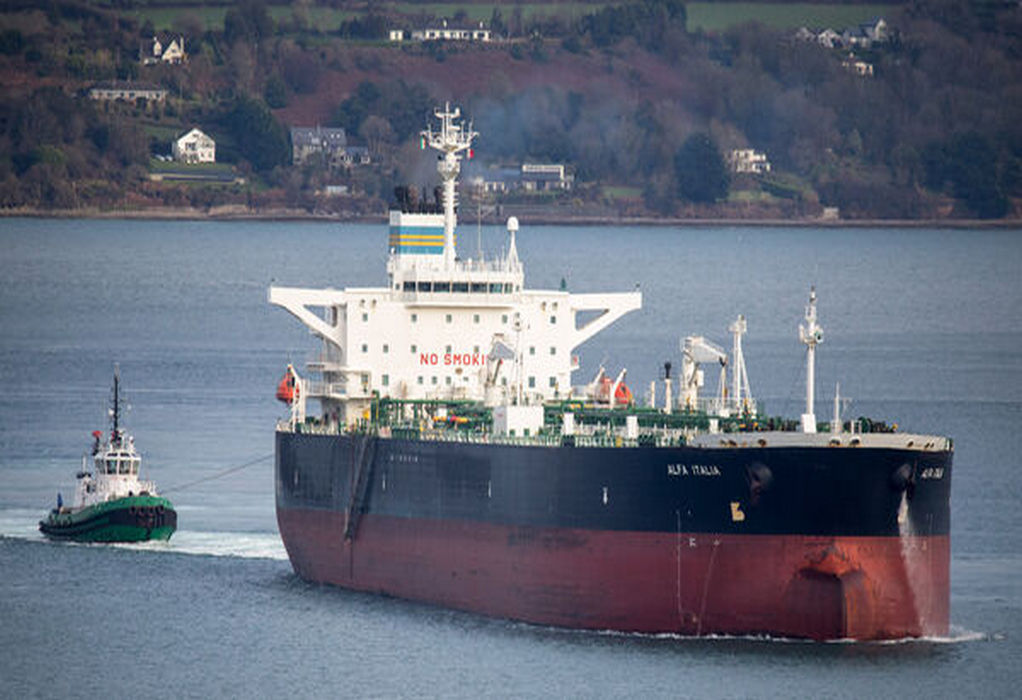AIRCOAT has developed a new foil that creates a passive air layer for ship hulls that makes them more fuel efficient and environmentally friendly. The passive air lubrication technology coats the ship hull with a thin and permanent layer of air when it is submerged in water. This reduces drag, and is also expected to reduce fouling since organisms tend not to settle on layers of air. Additionally, the approach does not make use of toxic substances to decrease biofouling, so harmful chemicals are not released into the water.
The AIRCOAT solution was inspired by Salvinia molesta, a free-floating aquatic fern that forms a permanent layer of air on its surface under water. “It was amazing to understand the mechanism, how the plant keeps a layer of air under water and to produce first artificial air-keeping samples in our lab – which by the way still are keeping the air layer even after years under water,” notes Prof. Thomas Schimmel of AIRCOAT project partner Karlsruhe Institute of Technology, Germany, in a press release.
The AIRCOAT team presented the final results of 4 years of research at the Oceanology International Ocean technology trade show held in London in March 2022. Johannes Oeffner of AIRCOAT project coordinator Fraunhofer Center for Maritime Logistics and Services, Germany, describes the team’s achievements in the press release: “We’ve developed production lines and testing facilities, produced kilometres of foil, coated a research vessel and applied a test patch to a container ship, performed a vast number of calculations and simulations and spent many hours with hydrodynamic and biofouling experiments.” The small research vessel in Malta and the container ship in Romania were used in the two experiments conducted in real maritime environments to gain insight into the production and application of air-retaining surfaces.
AIRCOAT (Air Induced friction Reducing ship COATing) has also published a policy brief highlighting the need for ship resistance reduction measures to lower maritime shipping emissions and for funding cycles that take into account real-world testing conditions for the bio-inspired green technology. The project ended in April 2022.
Source: https://cordis.europa.eu/
Tags: AIRCOAT, Fuel Efficient, Layers of Air, Reduces Drag, Ship Hull



Recent Posts
Höegh Autoliners’ Fifth Aurora-Class PCTC Enters Service with Multi-Fuel Capability
Next-Gen Marine Propulsion: MAN Launches Methanol Super Engine
Port of Amsterdam Marks First Ship-to-Ship Methanol Bunkering
Altair and HD Hyundai Heavy Industries Partner to Propel AI-Driven Eco-Friendly Marine Engine Innovation
Newfoundland and Port of Amsterdam Forge Green Hydrogen Partnership
India charts green shipping path: MEPC 83 outcomes discussed at IMEI-DG tech seminar
IME(I) Mumbai pioneers holistic development for future mariners with emotional resilience workshop
Adani launches India’s first hydrogen-powered truck